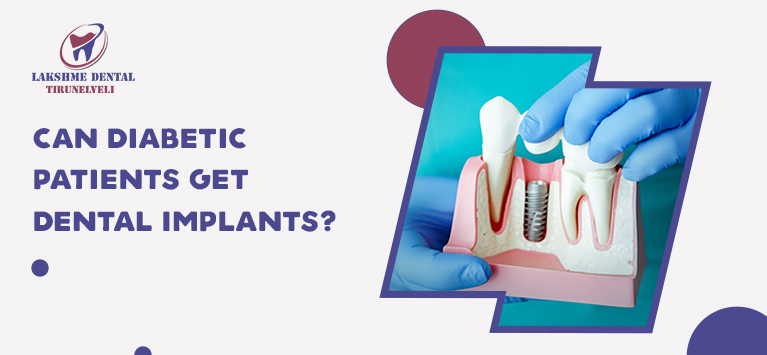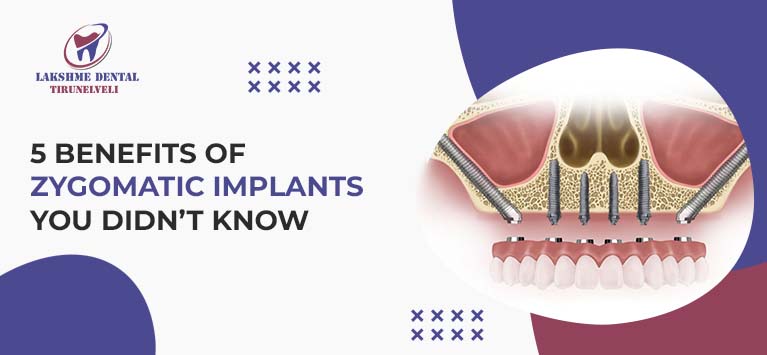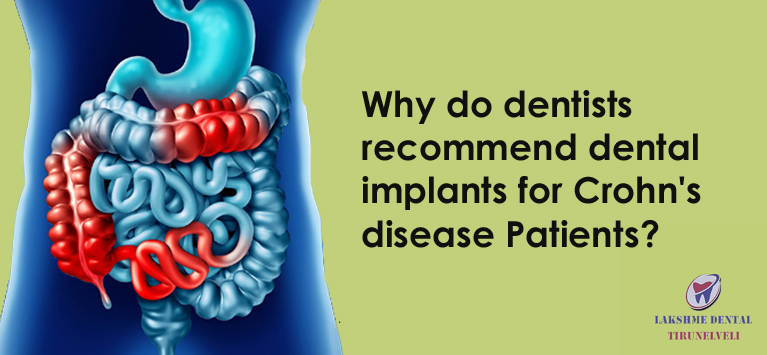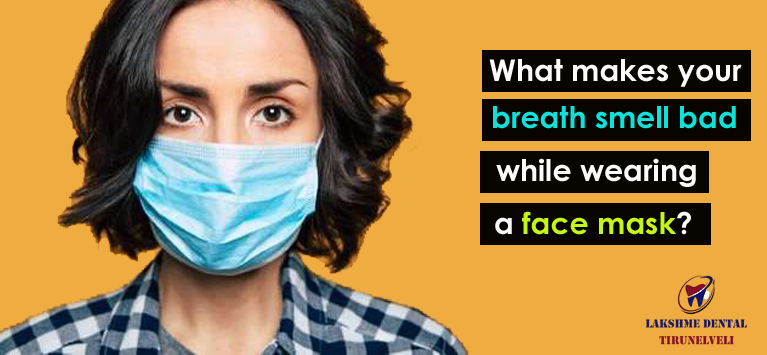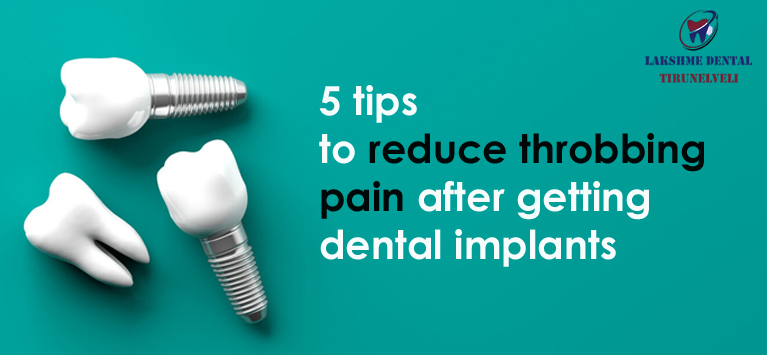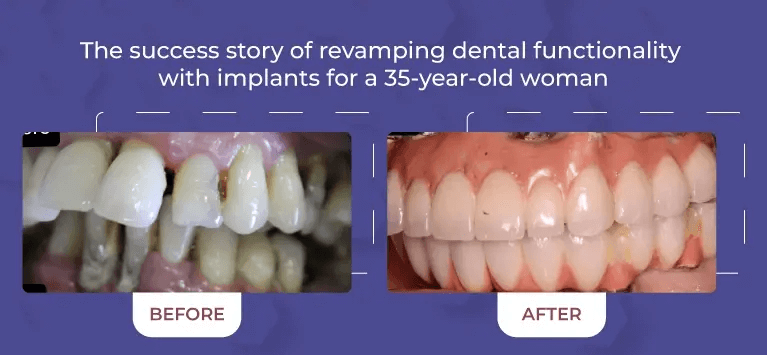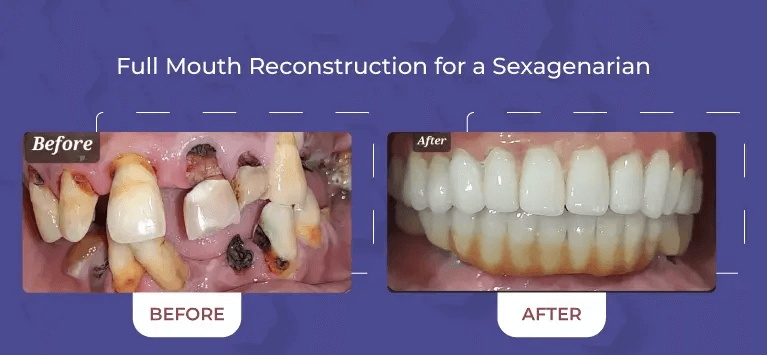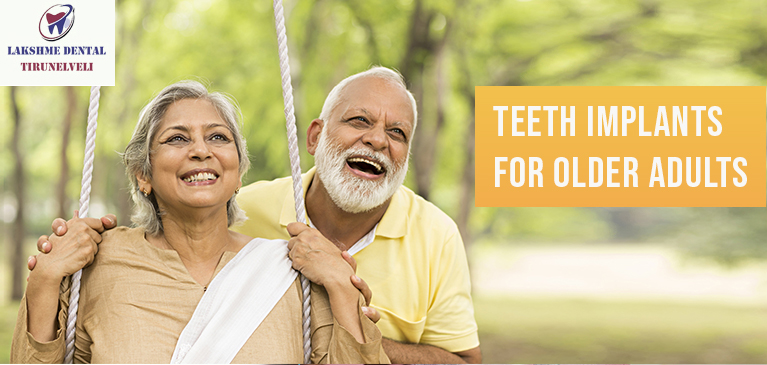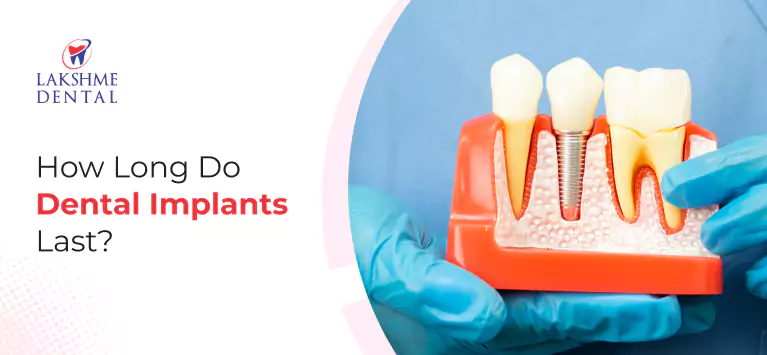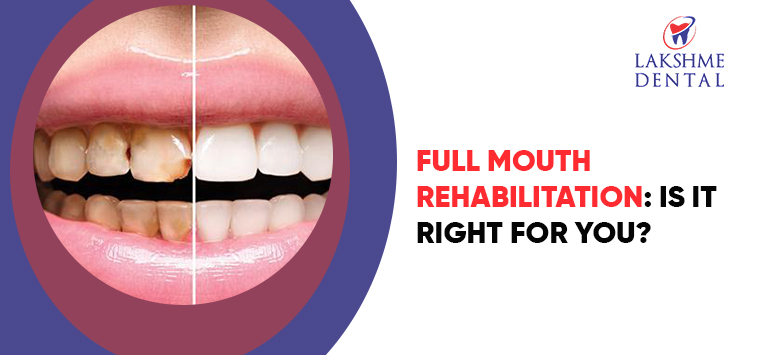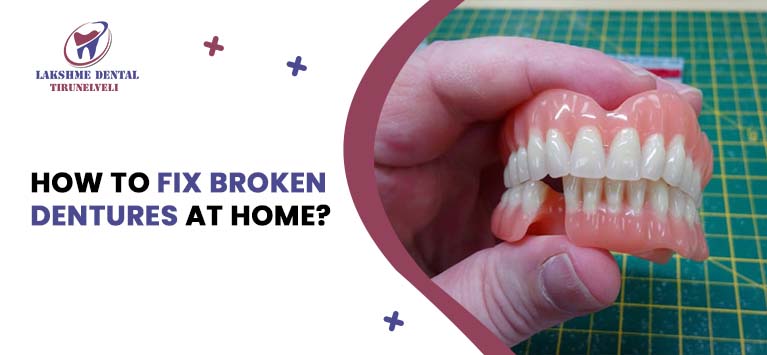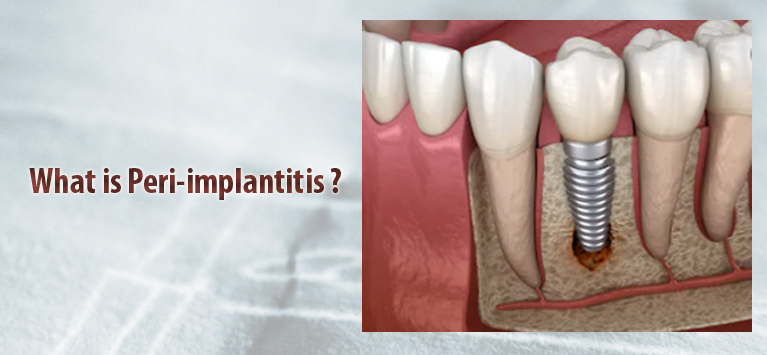
What is Peri-implantitis?
Peri-implantitis is a disease that causes infection in the bone structure and gum around the dental implant. Bone loss occurs if there is chronic inflammation, which may result in a loose implant that finally falls out. The risk of infection will be more in implant teeth when compared to natural teeth. Dangerous bacteria may grow underneath the gums and causes bone loss if the gums get loosen, surrounded by dental implants.
Causes of Peri Implantitis
Because an implant can not adhere to the gums as easily like natural teeth, there is a much greater chance of inflammation and potentially results in peri-implantitis. Throughout the implants, the gum remains loose. Therefore, dangerous bacteria can settle easily in the gum. This will induce not only infection but also loss of bone.
Throughout the implants, the gum remains loose. Therefore, dangerous bacteria can settle easily in the gum. This will induce not only infection but also loss of bone. Inflammation surrounded by Implants termed as peri-implantitis, affects more than 40 percent of all patients who wear Implant.
Risk Factors
- Diabetes
- Cigarette smoking
- Genetics
- Periodontitis
Signs of peri-implantitis
Visit your dentist quickly if you found any of the following signs if you have Implants.
- Bleeding gums
- Formation of pus
- Pain around implants
- Bone loss
- Swelling and redness of the mucosa
It is a multifactorial condition, and bacteria perform an enormous role, but most importantly not the major cause of the disease development.
Risks of Peri- Implantitis
Undiagnosed peri-implantitis may have disastrous consequences. One among them is the bone loss that can lead to loss of the implant. Rapid and effective management of this issue is very essential.
Treatment and Prevention of Peri-Implantitis
Standardize and monitor harmful bacteria in the pockets of Peri-Implantitis
Speed up the healing of wounds following implants
Speed up bleeding gum healing
To treat peri-implantitis, or even avoid it, brush your teeth with proper brushing techniques twice a day as recommended and rinse your mouth with fluoride and alcohol-free mouthwash. It is still possible to place new Implants in the place of affected ones after the bone is healed. Call us now to treat Peri-Implantitis.

